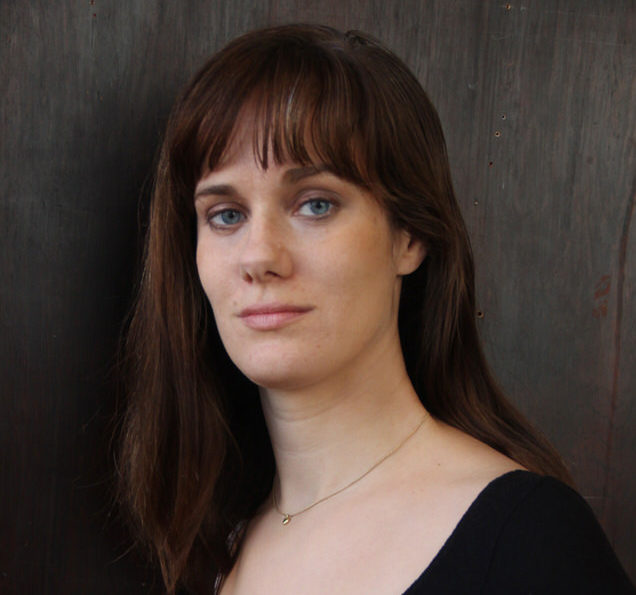Dear Friends,
LISTEN TO THIS WEEK’S PROGRAM:
(01:18) Uranium Derby, with Brittany Prater, the film’s director and producer;
(19:20) Where is the US peace movement?
(36:50) The war on voting;
(53:00) “Scientists Raise Alarm Over Risk of ‘Synchronized’ Global Crop Failures,” with Kathy Byrnes.
(Uranium Derby premiers this Wednesday, July 19, at 7:00 pm at the Varsity Theater (1207 25th St, Des Moines). Film director, Brittany Prater, will lead a Q & A after the film.)
If Wes Anderson’s recent film, Asteroid City, didn’t trigger public concern about nuclear war, perhaps two films that premier this week will.
Uranium Derby is Brittany Prater’s first film, released under the auspices of Cornfield Productions. The film discusses the role played by Iowa State University in Ames, Iowa, in the development of the atomic bomb in the 1940s. The film takes a hard look at the disturbing legacy of radioactive waste left behind in several location throughout Ames in 1951-1952, including a dumping ground that was later developed into the Hunziker Youth Sports Complex.
The City of Ames insists the radioactive thorium dumped there is no longer a problem: “A final report by RUST Environment and Infrastructure in June 1994 concluded that ‘no significant residual radioactive material is likely present at the site’ and further notes that ‘the site is judged to be acceptable for use without restrictions’ based on current Nuclear Regulatory Commission and U.S. Department of Energy standards.”
Yet as Johanshir Golchin (featured in the film) and others argue, the City never allowed appropriate testing. As Brittany says, “The problems we face as a result of environmental contamination are complex. They’re not going away by pretending they don’t exist.”
Perhaps Uranium Derby will convince the City’s current leadership to take a closer look at what lies beneath the Hunziker Youth Sports Complex and at other locations where radioactive thorium was dumped in the 1950s.
Uranium Derby also raises tough questions about nuclear weapons, which provides a tidy segue into our conversation about another film: Oppenheimer. That film premiers on Friday, and I’ll be interested to see what it has to say about nuclear disarmament.
Regarding the US decision to detonate nuclear weapons over Hiroshima and Nagasaki, a google search for Robert Oppenheimer landed this: “Oppenheimer was said to have been distraught that the bomb was used twice, believing the second bomb was unnecessary. He met with President Truman and expressed his revulsion at Nagasaki, that he felt there was ‘blood on [his] hands’.”
Wikipedia says that, “Oppenheimer was increasingly concerned about the potential danger that scientific inventions could pose to humanity. He joined with Albert Einstein and other eminent scientists and academics to establish the World Academy of Art and Science.”
Oppenheimer later fell victim to Senator Joseph McCarthy’s witch hunt. He lost much of his standing, but continued to speak out. I wonder what Oppenheimer would say about the nuclear threat today, with the war in Ukraine fueling increased public concern about the risk.
Thanks for reading, listening, and taking action.
*******
In addition to our PODCAST, listen to the Fallon Forum on these affiliates:
– KHOI 89.1 FM (Ames, Iowa)
– KICI.LP 105.3 FM (Iowa City, Iowa)
– WHIV 102.3 FM (New Orleans, Louisiana)
– KPIP-LP, 94.7 FM (Fayette, Missouri)
– KCEI 90.1 FM (Taos, New Mexico)
– KRFP 90.3 FM (Moscow, Idaho)
– WGRN 94.1 FM (Columbus, Ohio)
– KKFI 90.1 FM (Kansas City, Missouri)
Please support the local businesses and non-profits who make this program possible. Click on their logos on the Fallon Forum website and in our weekly email, and visit Bold Iowa, and Birds & Bees Urban Farm. Thanks to Des Moines Irish Session for providing our bumper music, and thank you for supporting the civil alternative to the shock jocks!

Ed Fallon

